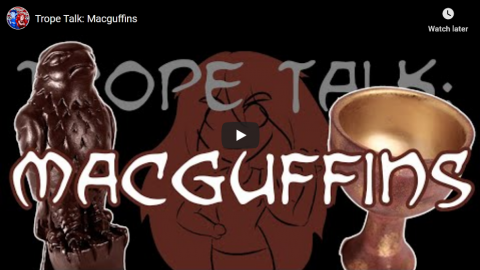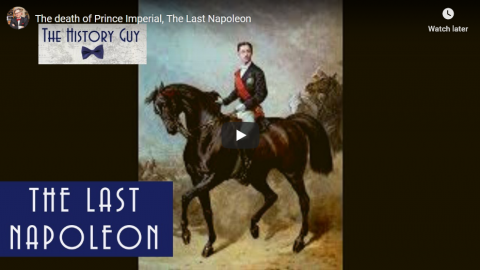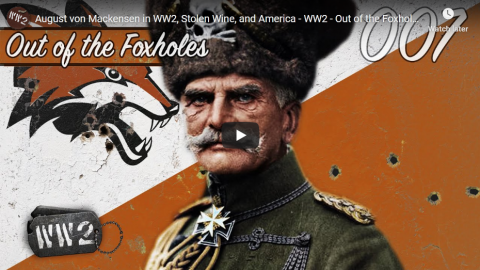Matt Estlea
Published 5 Mar 2020
Do you want to learn fine woodworking? This Free Online Woodworking School will take your woodworking to the next level. We teach you everything you need to know to produce flawless dovetails, piston fit drawers, stunning tables, and objects that will last a lifetime.
This is the second project in the Free Online Woodworking School where I will be showing you how to make a traditional handcrafted cabinet. The skills taught in this series build upon lessons covered in the previous series where we made a dovetailed box. It is strongly recommended you watch that series before commencing this build!
Watch the first part of the series here:
https://mattestlea.com/free-online-wo…
Buy pre-planed material for this project here:
http://www.mattestlea.com/projectpacks
Watch the dovetail box series here:
https://www.youtube.com/watch?v=uG-hv…
To get the most from the course and all of the free resources I am providing, these lessons are best viewed on my website:
http://www.mattestlea.com/school.
Ensure you make full use of all of the supporting resources and other lessons in the school to get the most from the course. Have fun and I wish you the best of luck!
_________________________________________________________________
Support what I do by becoming a Patron! This will help fund new tools, equipment and cover my overheads. Meaning I can continue to bring you regular, high quality, free content. Thank you so much for your support! https://www.patreon.com/mattestlea
Don’t want to commit to a monthly direct debit but still want to help out? That’s fine!
You can make a one time donation here: http://www.mattestlea.com/donate
You can donate us biscuits here: http://www.mattestlea.com/wishlist
_________________________________________________________________
BUY THE WOODWORKING BIBLE HERE:
http://www.mattestlea.com/the-woodworkers-manual
_________________________________________________________________
SOCIAL MEDIA
Instagram: www.instagram.com/mattestlea
Twitter: www.twitter.com/mattestlea
Patreon: www.patreon.com/mattestlea
Pinterest: www.pinterest.com/mattestlea
LinkedIn: www.linkedin.com/in/matt-estlea-b6414b11a/
_________________________________________________________________
See what tools I use here: www.mattestlea.com/equipment
My Website: www.mattestlea.com
_________________________________________________________________
My name is Matt Estlea, I’m a 24 year old Woodworker from Basingstoke in England and my aim is to make your woodworking less s***.
I come from 5 years tuition at Rycotewood Furniture Centre with a further 1 year working as an Artist in Residence at the Sylva Foundation. I now teach City and Guilds Furniture Making at Rycotewood as of September 2018.
If you’re interested in studying at Rycotewood, view their courses here:
www.mattestlea.com/rycotewood
I also had 5 years of experience working at Axminster Tools and Machinery where I helped customers with purchasing tools, demonstrated in stores and events, and gained extensive knowledge about a variety of tools and brands. I discontinued this at the start of 2019 to focus solely on video creation and teaching.
During the week, I film woodworking projects, tutorials, reviews and a viewer favourite ‘Tool Duel’ where I compare two competitive manufacturers tools against one another to find out which is best. I also have a Free Online Woodworking School which you should definitely check out!
www.mattestlea.com/school
I like to have a laugh and my videos are quite fast paced BUT you will learn a lot, I assure you.
Lets go make a mess.
_________________________________________________________________
MUSIC BY:
EPIDEMIC SOUND: http://www.epidemicsound.com/
STEPHEN HARVEY: https://stephenharvey.bandcamp.com/re…
MATT ESTLEA 2020
















